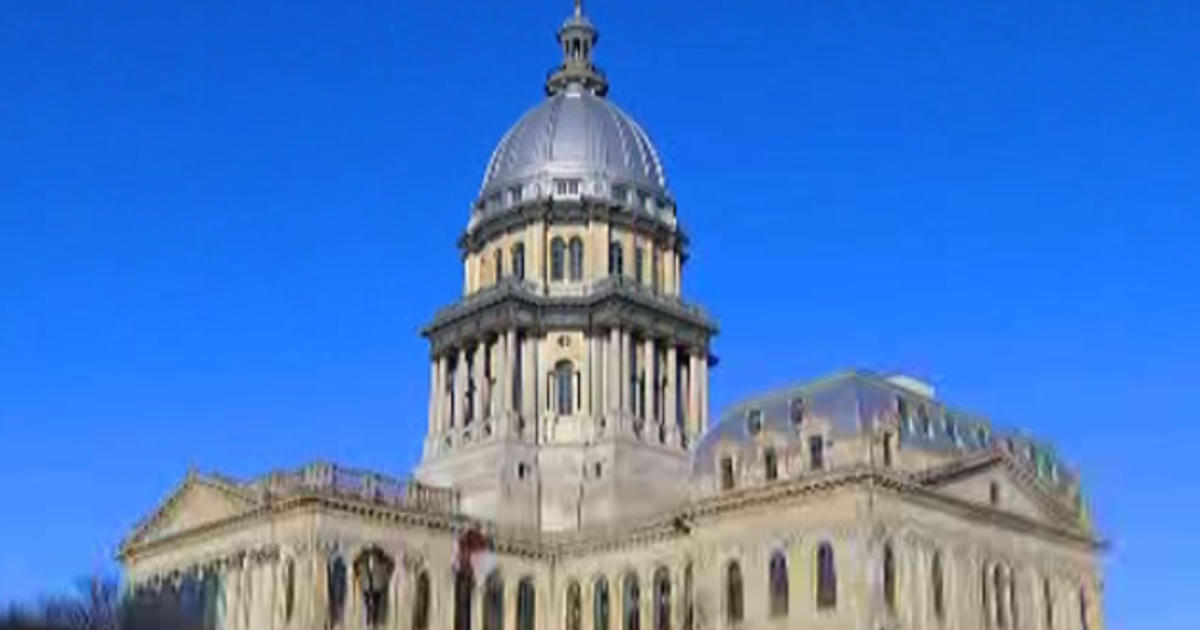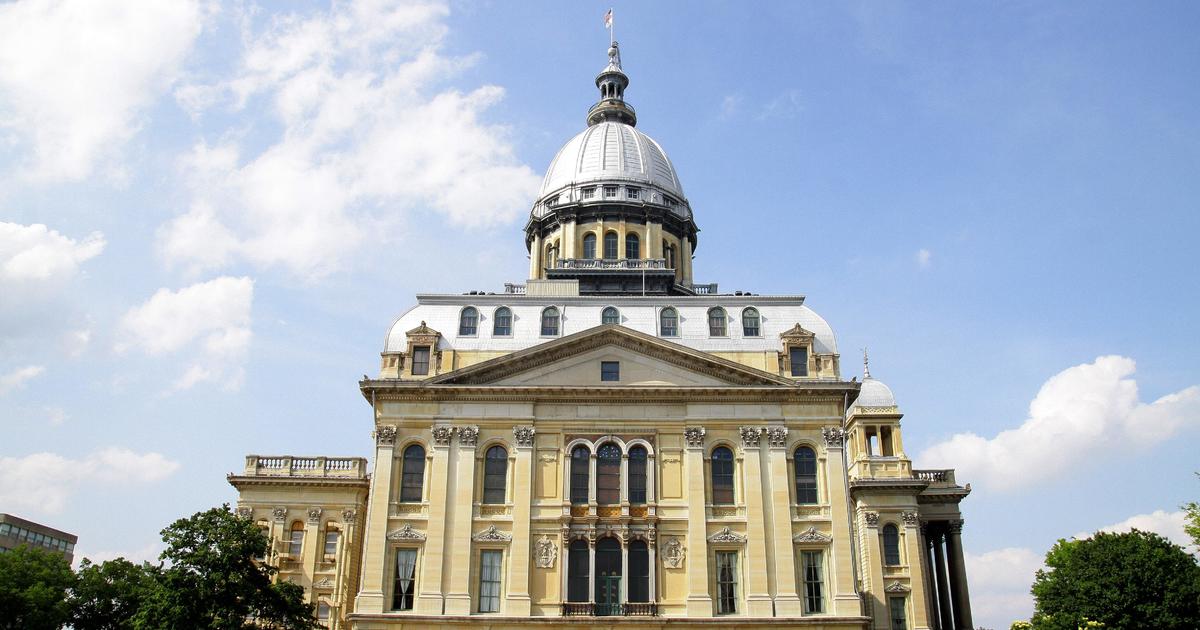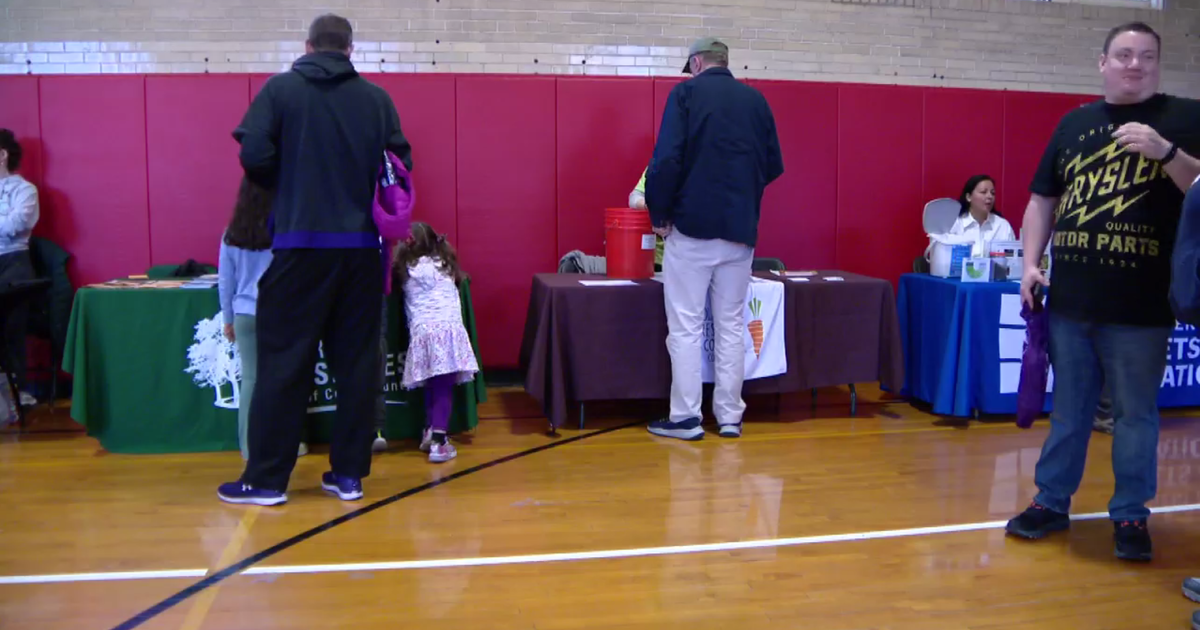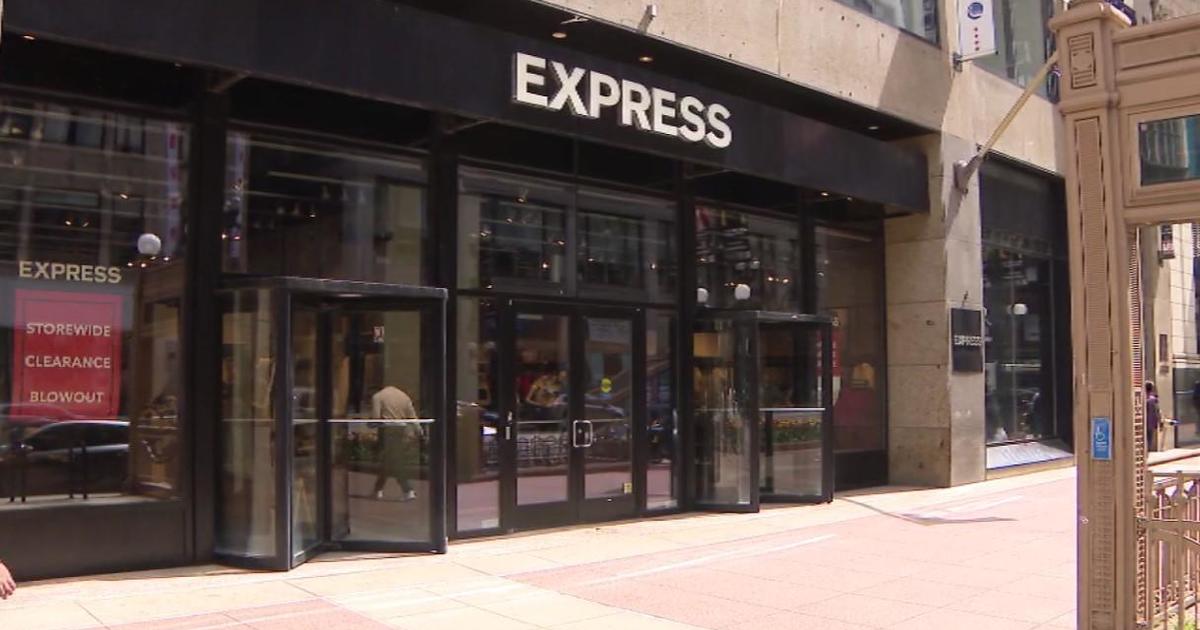$31B State Capital Construction Plan Struck Down
Updated 01/26/11 - 2:50 p.m.
SPRINGFIELD, Ill. (CBS) -- The Illinois Appellate Court has struck down an ongoing $31 billion capital construction plan approved in 2009, ruling it violated the state constitution.
The ruling also strikes down several other provisions, including measures that legalized video gambling in Illinois, allowed for privatization of the Illinois Lottery and raised taxes on liquor, soft drinks, candy and various hygiene products.
LISTEN: Newsradio 780 Political Editor Craig Dellimore reports
Podcast
An appeals court panel ruled unanimously on Wednesday that the Capital Projects Acts, four pieces of legislation that were signed into law by Gov. Pat Quinn in July 2009, violated the state constitution's "single subject rule." The legislation violated the rule that a bill appropriating funds must be confined to one subject, and that public funds must only be used for public purposes, the appellate court said.
Appellate Court Judge Patrick J. Quinn wrote that, "We find that the wide range of topics in Public Act 96-34 cannot be considered to possess a 'natural and logical connection.'"
State officials had argued that the capital bill fit within the "Single Subject Rule" because the legislation was titled "An act concerning revenue," which carries a broad definition.
But the appeals court called that argument "unconvincing."
"The permitted use of such a sweeping and vague category to unite unrelated measures would 'essentially elimina[te] the single subject rule as a meaningful check on the legislature's actions,'" Quinn wrote in the court's ruling. "Not all of the provisions of Public Act 96-34 have a natural and logical connection to the single subject of revenue to the state. For example, we discern no natural and logical connection between the subject of revenue and the amendment to the University of Illinois Act to require the university to conduct a study on the effect on Illinois families of members of the family purchasing Illinois Lottery tickets."
Gov. Pat Quinn's and Illinois Attorney General Lisa Madigan's offices said they plan to appeal to the Illinois Supreme Court and to seek an immediate stay of the appeals court ruling.
In a release, Quinn's office said the "capital program is an important part of Governor Quinn's plan to put Illinois back to work."
Capital construction projects already in progress would continue as scheduled, pending a decision from the Supreme Court, Quinn's office said.
The main piece of legislation – Public Act 96-34 – deals with several subjects that are not related to one another. The act legalized video poker; allowed for privatization of the Illinois Lottery; raised taxes on candy and personal hygiene products; raised liquor taxes; raised truck fees; and required the Governor's Office of Budget and Management to submit reports about capital projects.
Although the Illinois Gaming Board had yet to move forward with legalizing video gambling, state officials had expected it eventually would provide $300 million a year in new funding for state infrastructure programs. It would have allowed up to five video gambling machines in establishments licensed to sell liquor, such as bars, restaurants, gas stations, convenience stores and veterans' halls.
With 15,000 establishments now licensed in Illinois to sell alcoholic beverages, that could have meant up to 75,000 machines statewide, potentially providing hundreds of millions of dollars in revenue for the gaming industry.
However, many towns and counties across the state began banning video gambling at the local level shortly after the legislation was passed. Chicago also had an existing local ban on video gambling and there had not been any effort made to lift the Chicago ban, putting the legislation's financial estimates in doubt.
Also, last week, state officials signed a final deal to privatize the Illinois Lottery, reaching an agreement with Northstar Lottery Group to run the lottery.
Northstar, a group of three companies that already do business with the state, had estimated the deal would generate $1.5 billion in additional state revenue over the next five years.
A separate act, Public Act 96-37, outlined appropriates for capital projects. Two more, Public Act 96-35, and Public Act 96-36, make alterations to the main piece of legislation.
The taxes and fees outlined in the legislation were to fund a variety of construction projects, from everything from bicycle trails and university buildings and a major overhaul of Illinois highways.
In October 2009, the Wirtz family, which is in the liquor distribution business and also owns the Chicago Blackhawks, filed a lawsuit challenging the constitutionality of the construction plan.
Reversing a lower court decision, the Appellate Court agreed that the act violated the "Single Subject Rule" in the constitution and declared it void.
Quinn projected in 2009 that the money would support around 439,000 jobs over six years. It was also supposed to repair much of the state's crumbling infrastructure.



